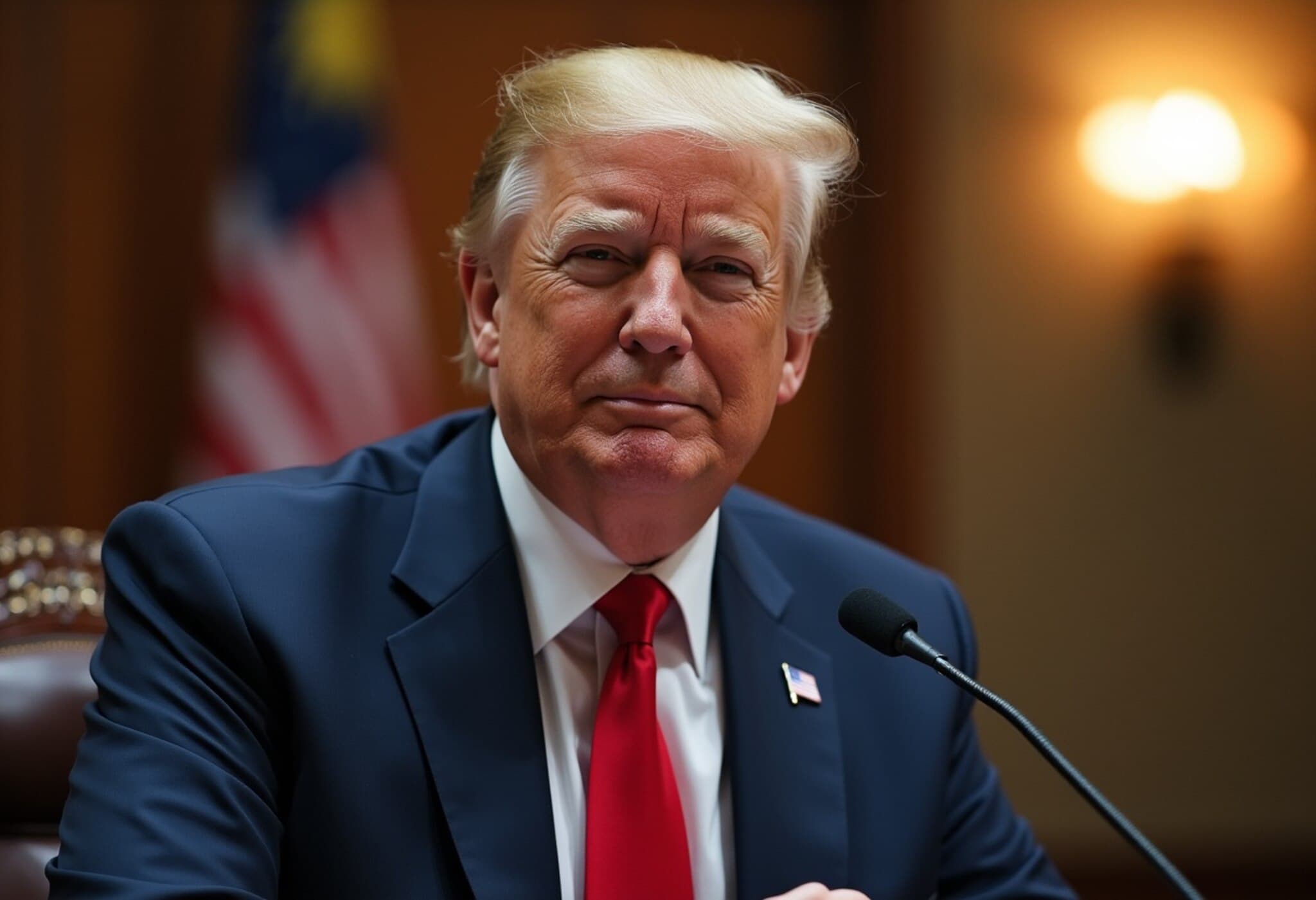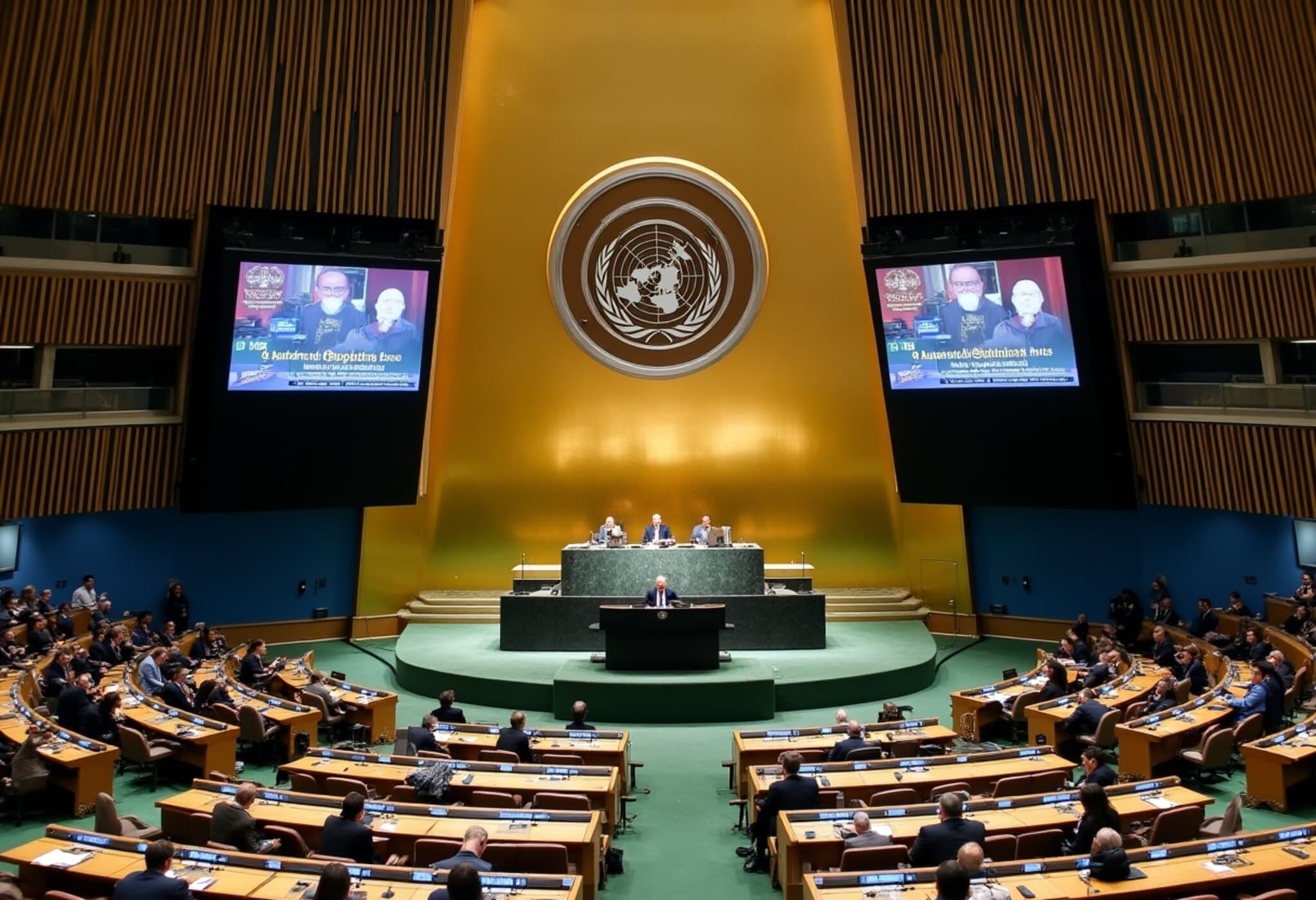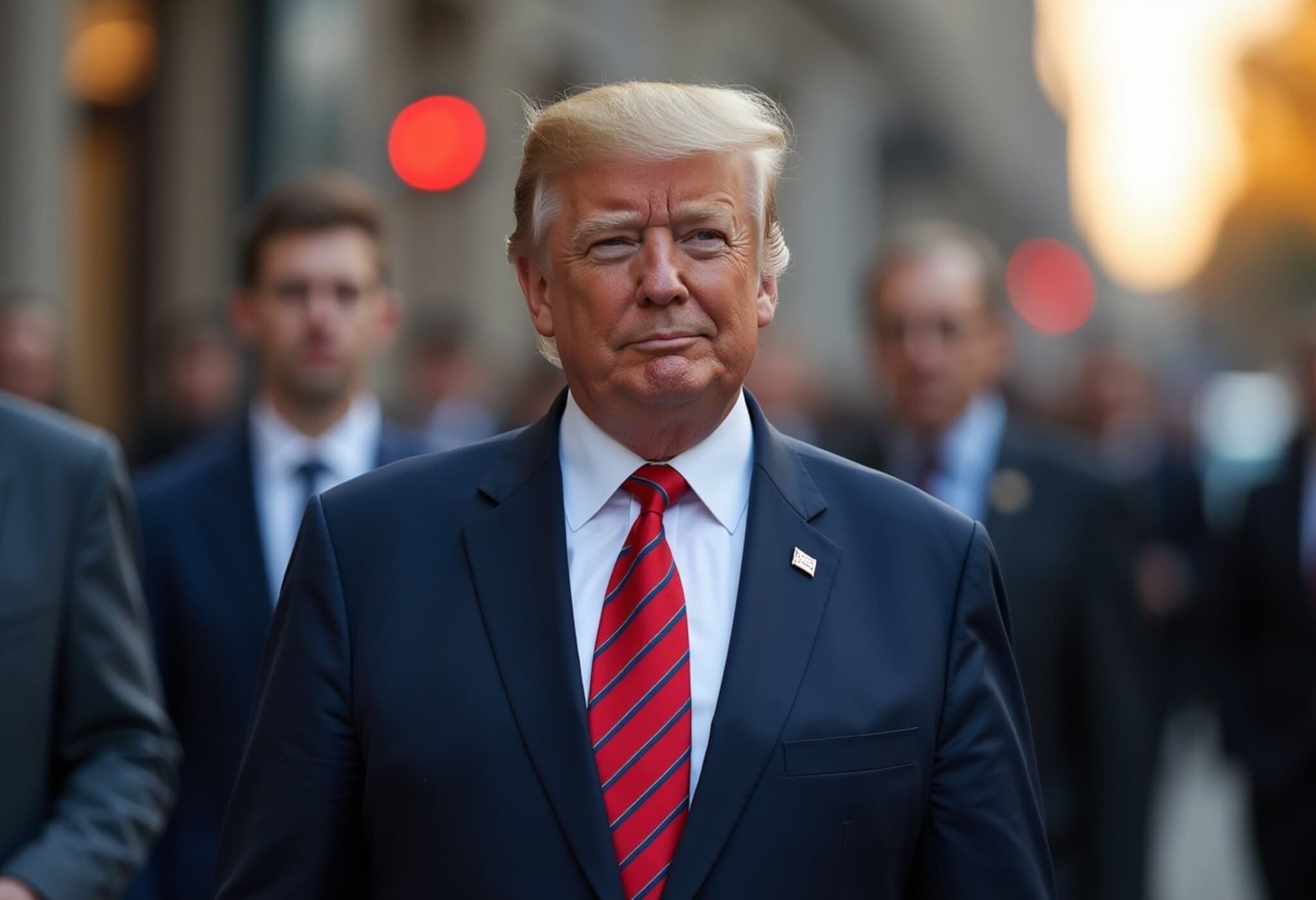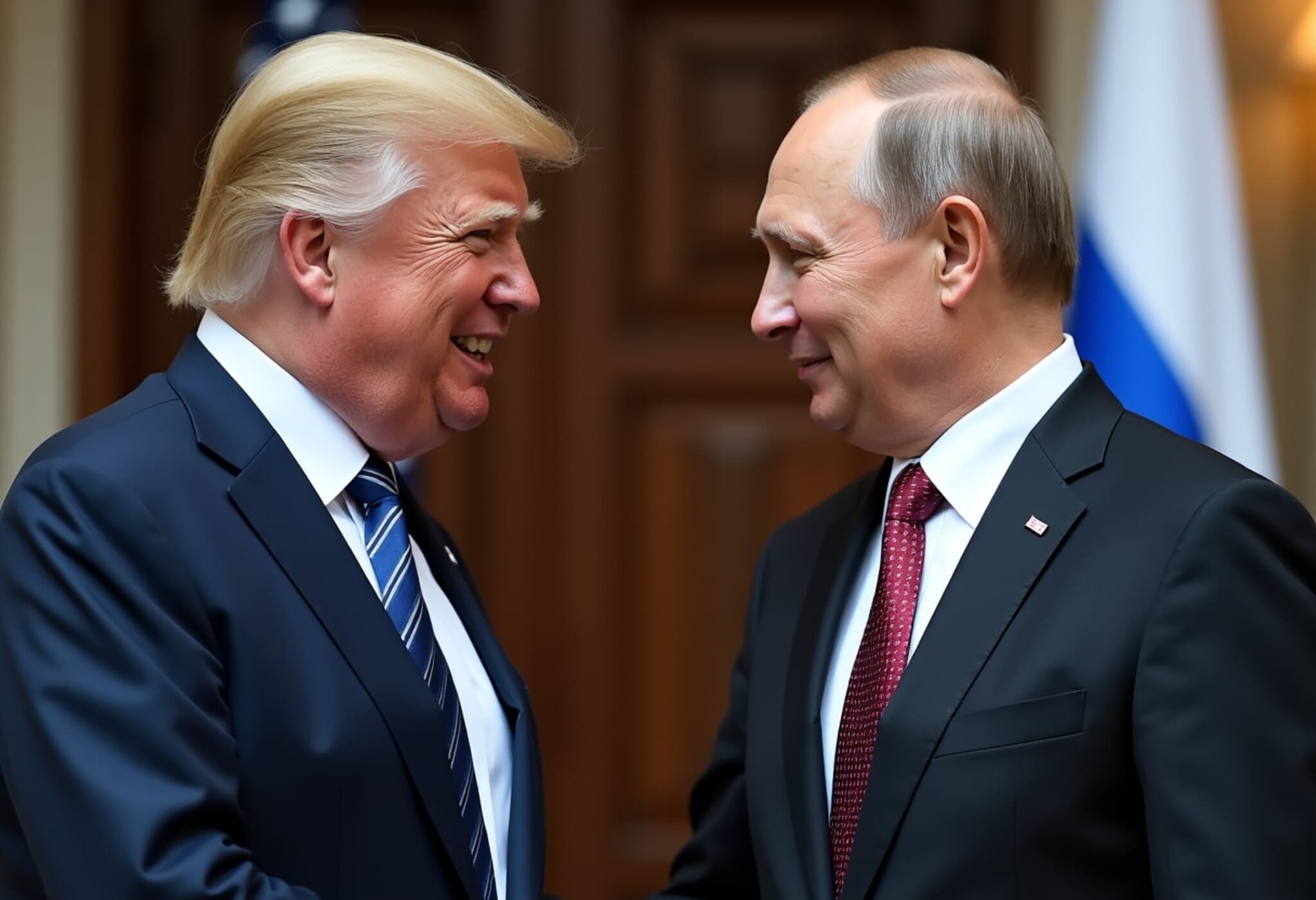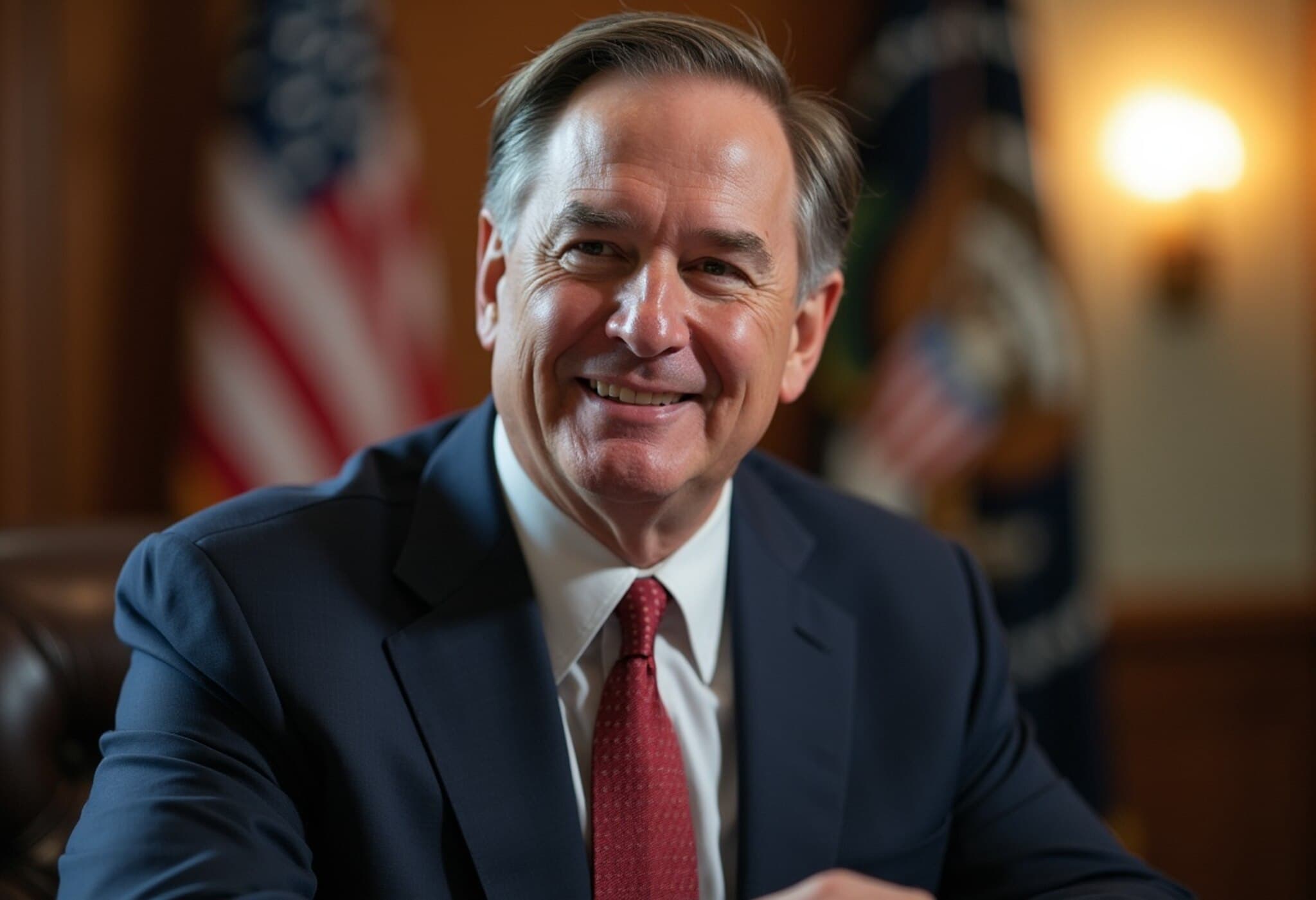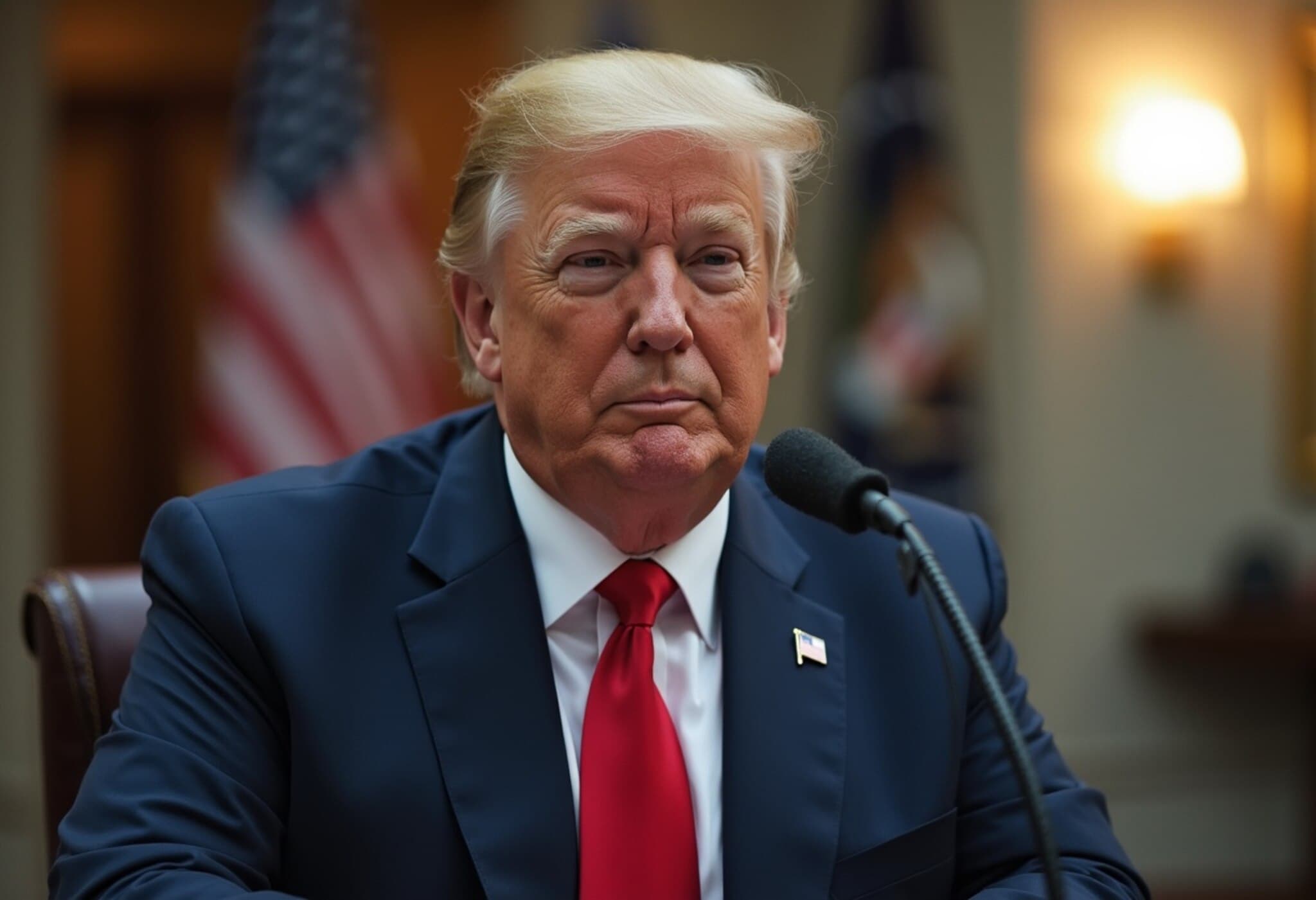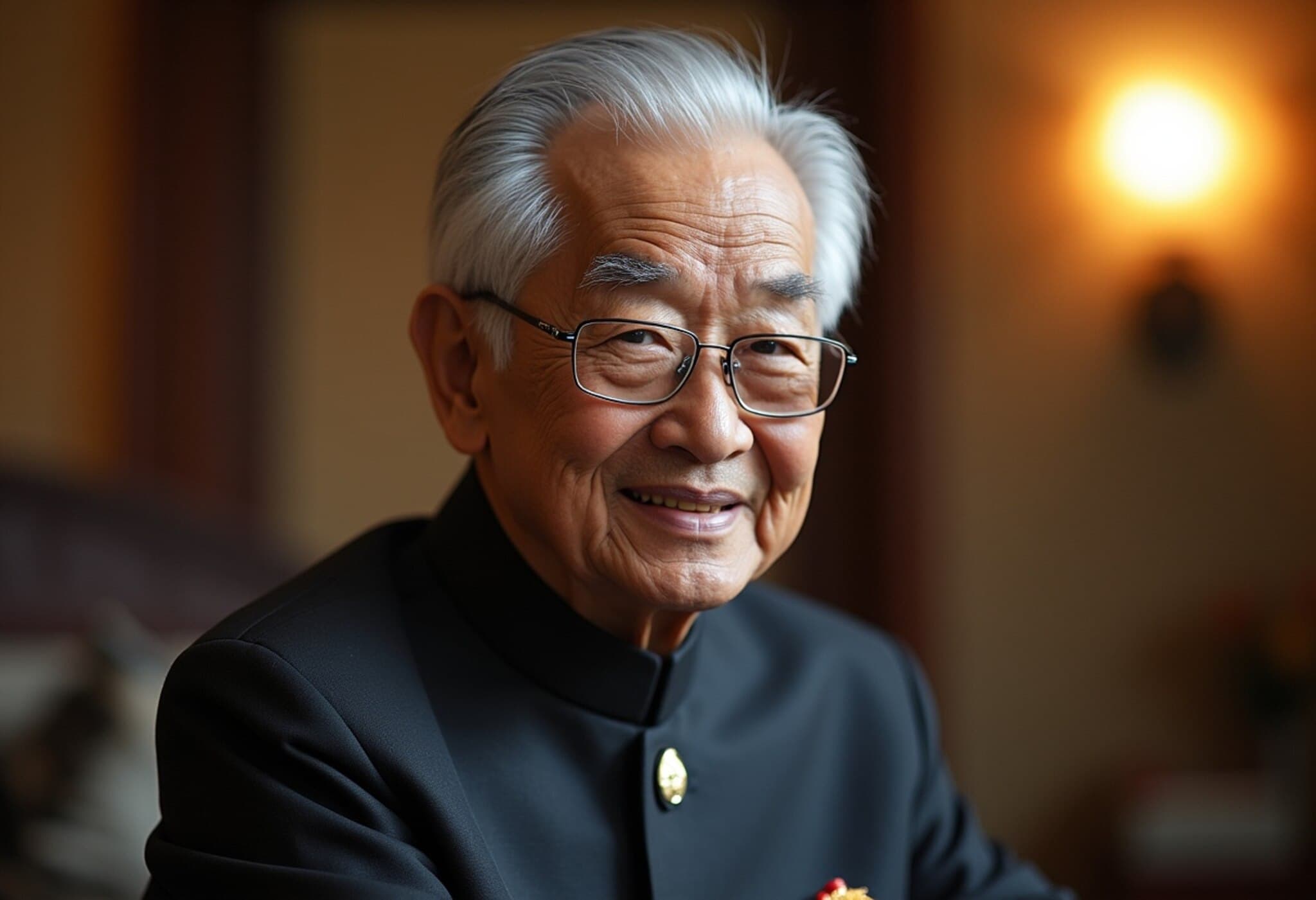Trump's Nominee Nick Adams Sparks Controversy as US Ambassador to Malaysia
When former U.S. President Donald Trump nominated Australian-American conservative commentator Nick Adams as the next ambassador to Malaysia, the reaction was swift and predominantly negative. Malaysia, a Muslim-majority country with deep cultural and political ties to the Palestinian cause, greeted the nomination with widespread protests and vocal disapproval.
Who Is Nick Adams?
Nick Adams is a self-styled "alpha male" known for his brash conservative views and controversial rhetoric, particularly regarding Islam and Middle Eastern politics. Originally from Australia, he rose to prominence in the United States as a MAGA-aligned pundit and author of the book Retaking America.
In his writings and public statements, Adams has expressed skepticism toward Islam and voiced support for Israel, often crossing into realms perceived as Islamophobic. For instance, he once shared an anecdote about having a waitress fired for wearing a "Free Palestine" pin—a story illustrating his outright intolerance for pro-Palestinian sentiment. This event, although unverified, reveals how his perspectives starkly clash with Malaysian public opinion, where strong Palestinian solidarity is the norm.
Malaysian Public and Political Response
The nomination has placed Malaysian Prime Minister Anwar Ibrahim and his government at a difficult crossroads. Although Anwar and other leaders regularly demonstrate support for Palestine—symbolized by the keffiyeh scarves they often wear—Malaysia’s strategic economic interests with the United States limit their diplomatic maneuverability.
- Protests: Demonstrators gathered in Kuala Lumpur, holding placards against Adams’ appointment and his history of Islamophobic remarks.
- Political pushback: Young leaders within the ruling People's Justice Party and coalition partners like the Democratic Action Party have publicly criticized the nomination, calling for a more respectful and culturally sensitive envoy.
Nevertheless, Malaysia depends on favorable trade negotiations with the U.S., given its current imposing 25 percent tariff rate. Experts suggest the Malaysian government is unlikely to outright reject Adams' appointment to avoid antagonizing Washington.
Expert Insight: Navigating a Delicate Diplomatic Terrain
Professor James Chin, a Southeast Asia expert at the University of Tasmania, notes that the Malaysian government’s restrained reaction is strategic. "While Adams is seen as provocative and divisive locally, he holds influence within Trump’s circle. Malaysia needs his channel for smoother trade discussions," Chin explains. “We can expect Adams to moderate his tone during Senate confirmation hearings to present himself as a reasonable envoy sympathetic to Malaysia’s values.”
Adams’ Past Statements and Implications for US-Malaysia Relations
Adams' book Retaking America includes passages that question the peaceful nature of Islam and raise the contentious subject of Muslim internment, albeit hypothetically. Such views are likely to alarm a country like Malaysia, where Islam is integral to national identity.
This discord not only jeopardizes bilateral goodwill but also raises broader questions about ambassadorial conduct and cultural competence. Ambassadors serve as vital bridges of understanding; those perceived as dismissive or hostile toward local customs and beliefs risk undermining diplomatic relations.
Looking Ahead: Confirmation and Diplomatic Prospects
Nick Adams’ confirmation hearing before the Senate Foreign Relations Committee is pending, with the committee controlled by Adams’ Republican allies. Given the political alignment and strategic interests at play, barring any extraordinary revelations, Adams’ appointment is expected to proceed.
For Malaysia, the challenge will be to engage with an envoy whose personal beliefs conflict with the country’s social fabric. How Adams navigates this cultural divide—and whether he chooses to adopt a more moderate, respectful stance—remains to be seen. The situation underscores a critical aspect of diplomacy: respect and cultural sensitivity are indispensable to building lasting international partnerships.
Conclusion: A Diplomatic Dilemma at a Crossroads
The nomination of Nick Adams as U.S. Ambassador to Malaysia illuminates growing tensions at the intersection of polarizing politics, cultural identity, and global diplomacy. It spotlights how ambassadorial selections extend beyond mere formalities; they can symbolize wider geopolitical attitudes and priorities.
The discord surrounding Nick Adams' nomination raises important questions about the role of cultural empathy in diplomacy, especially in nations with complex religious and political landscapes like Malaysia. How will Malaysia balance its economic interests with its commitment to Islamic solidarity? And can Adams reconcile his controversial past with the imperative to represent American interests respectfully abroad? Observers will watch closely as this saga unfolds.

